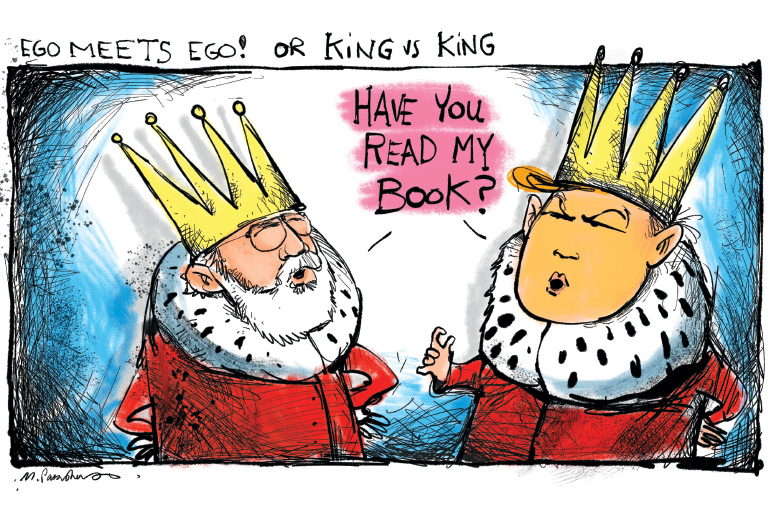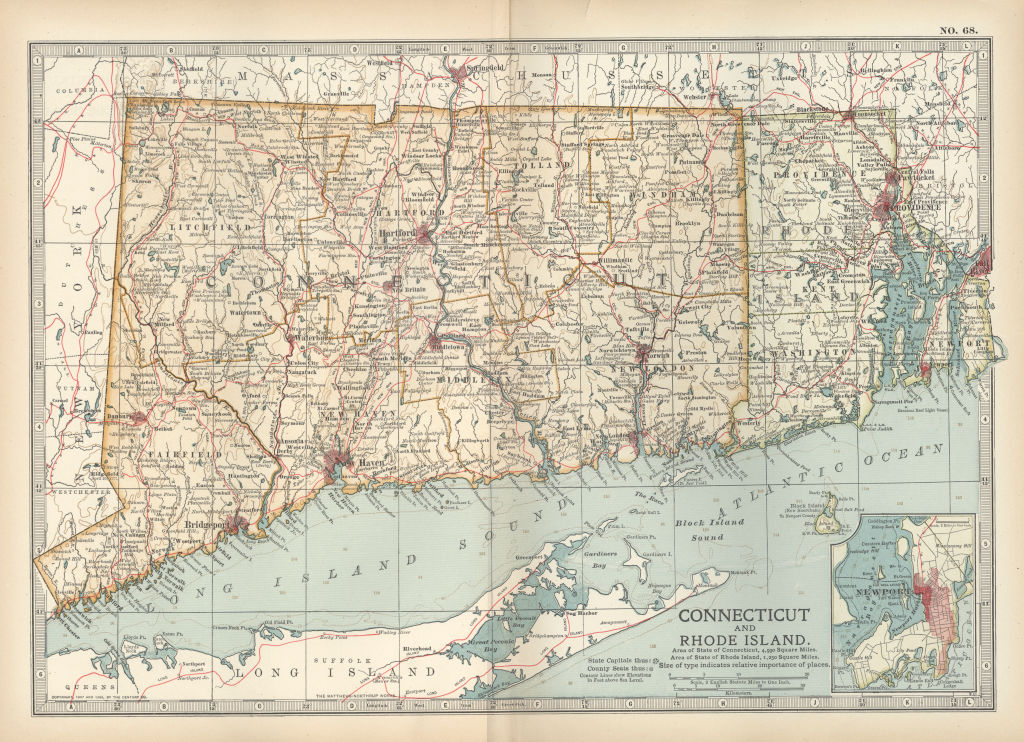Coming to America: Like Many, Trump’s Grandfather Came Here Unannounced

A couple of weeks ago, I wrote a short article about my grandfather, Franz Rattiner, who emigrated from Romania as a teenager in 1898 to escape new restrictions put on Jews in that country. Soon thereafter his two younger brothers, ages 14 and 8, also came to America.
Today I would like to write about the time Donald Trump’s grandfather emigrated from a small wine-making village of 1,000 people in Germany during that same period. Both Donald and I are in our 70s. I remember my grandfather, but Donald doesn’t remember his. He died before Donald was born.
My grandfather settled in Brooklyn and worked as a bookbinder during the day and a music teacher at night. He made a living that way for the rest of his life while enjoying the freedoms America had to offer. He raised three sons. One was my father. Donald’s grandfather, Friedrich Trump, also came to America seeking a better life, and some things about his journey are similar to my grandfather’s journey, while some are not.
Friedrich was a 16-year-old teenager when he left the Bavarian town of Kallstadt and came to America in 1886. It is not known why he left, but he was becoming eligible for military service, and by emigrating he avoided it. He worked first as a barber in New York City, then moved to Seattle, where he opened and ran restaurants and boarding houses in the nearby mining town of Monte Cristo. He soon thereafter went up to Canada’s Klondike, where he ran a restaurant and brothel for gold diggers.
In 1902, he returned to Bavaria a rich man, married Elizabeth, the daughter of a neighbor who lived across the street from him when he was growing up, and returned with her to New York. He was, at this time, 32 years old. Elizabeth was 22. The same age as my grandfather that year.
Elizabeth got terribly homesick in America. As a result, after just two years, her husband returned with her to Kallstadt, intending to spend the rest of his life there with her. To accomplish that, he would need to revive his German citizenship.
So, after he arrived, in 1904, he wrote to the Prince Regent of Bavaria to restore his residency. In his request, he indicated he had returned with 80,000 marks—worth more than a million dollars today—and had paid his taxes on this amount to Germany. In reply, the Prince Regent said he would not restore his residency, noting that as a young man he had not performed his mandatory military service. Friedrich was ordered out of Germany.
“We shall be ordered to leave?” he wrote. “That is hard, very hard for a family.” Nevertheless, in 1905, he returned to America with his wife and daughter. He didn’t have a choice.
Friedrich Trump, setting up housekeeping in a German enclave in the Bronx, parlayed his money into a real estate business. His daughter Elizabeth was born in Germany in April 1904, his son Fred (Donald’s father) in 1905 as an American, and another son, John, in 1909, also an American. The family then moved to Queens.
Friedrich died during the influenza epidemic in 1918 at the age of 49, leaving a fortune of about half a million dollars. Of necessity, his wife took over the business. Some years later, she handed over the business to their son Fred, who improved upon it, buying real estate, largely in Queens. (It’s said that during the Second World War, Fred told business associates the family was from Sweden, not Germany. There are Trumps in Sweden.) Later, Fred handed the business over to Donald, around 1980.
I interviewed Donald Trump three times in the late 1990s about his various business ventures. He was supposedly worth hundreds of millions of dollars then, and I thought him brash, prideful and determined, as focused on his business at that time as I was about Dan’s Papers. In other words, within the range of normal, but with self-centered tendencies. I subsequently spent a weekend at Mar-a-Lago at his invitation, and when my first memoir came out he wrote a blurb for the cover jacket.
I would urge everyone to watch a YouTube video of him (above) when he was, along with his new bride Melania, interviewed by Larry King. This was in 2005. He was friendly and forthcoming, not combative as he is today.
I cannot explain his recent behavior. I wish I understood it, but I don’t.



